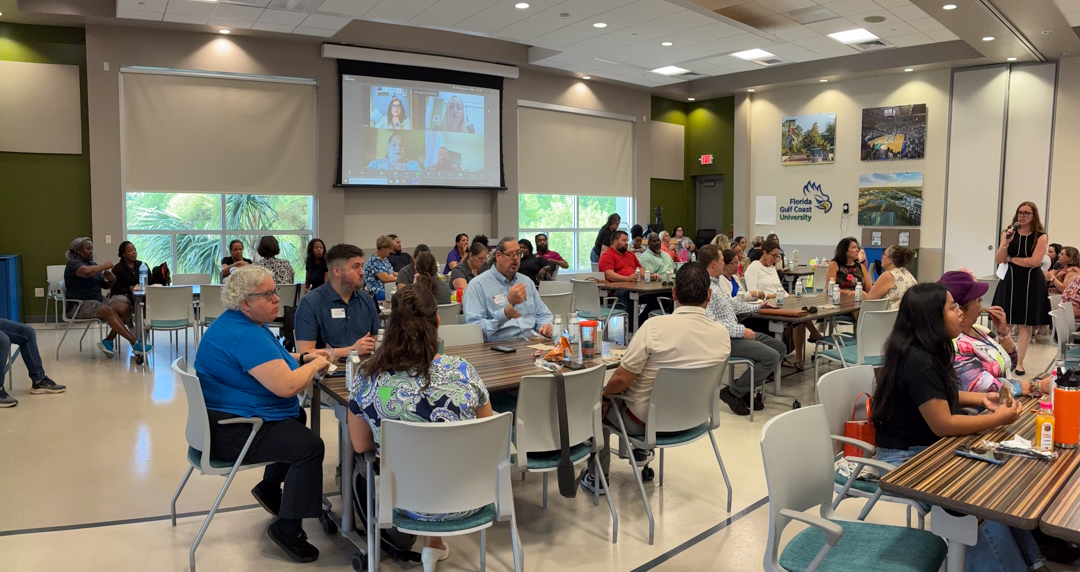Rethink Community
A Community Blog
This past week marked a full year since the day that George Floyd’s life was cut short. As I reflect upon the events of that day and the aftermath that followed, my thoughts lie fixated on Darnella Frazier.
To pull out her phone and hit record meant that she would step out of the spectator position and step into the story.
Life sometimes knocks us off our feet with a real encounter that is unexpected, authentic, and transformative. Several years ago, I experienced such an encounter; it has been transformative in my understanding of poverty. My encounter was with Robert.
I've always been intrigued by the quiet ones. You know, those that take up very little airspace yet have a gravity and strength in their words and presence.
Her name was Antoinette. She was 23.
I was just a couple of years younger. We’d both grown up in the same rural county, just 10 or 20 miles apart.
If you’re American and have ever had the chance to travel to some of the poorest parts of the world, chances are that you returned home a different person.
I feel disconnected and isolated.
Like many of you, the Think Tank team has been working from home in quarantine. Days are full of Zoom calls, kids’ school work, consuming COVID-19 media and doing the best to stay positive during this challenging time.
I can’t see another message about handwashing or the shortage of toilet paper.
During this time of uncertainty, my head is spinning and my chest is pounding.
A friend of mine just turned forty. In a passing statement, I appeared to catch him off guard when I said, “Forty was a turning point for me. I can’t wait to tell you about it.”
Esther is a book of the Bible that reads like a novel. It’s got heroes and villains, romance, intrigue, drama, you name it.
This was the second time I had been part of a relief mission after a storm. The first was over half a lifetime ago.
I wasn’t feeling well, not like the kind of “under the weather” that a cup of tea and rest would remedy. More like, I’m not sure I can talk or get out of bed sort of sick.
I was in my late twenties when I heard the idea of greenfield and brownfield development. Never having formal training on urban planning or economic development, it took me some time to understand what was involved.
A couple weeks ago I spent some time in Portland. I had heard and read about the accelerating state of homelessness in Seattle, Portland & other West Coast cities
I worked from the coffee shop today.
I am an extrovert. My energy comes from being around people.
Have you ever tried to put 30 pounds of apples into a ten pound bag?
I often live under the illusion that I can fit just one more minor task in my day, a practice that works for me most of the time.
We moved.
For the last few years my husband and I have been working on a master plan to sell our house and relocate to an urban neighborhood.


























